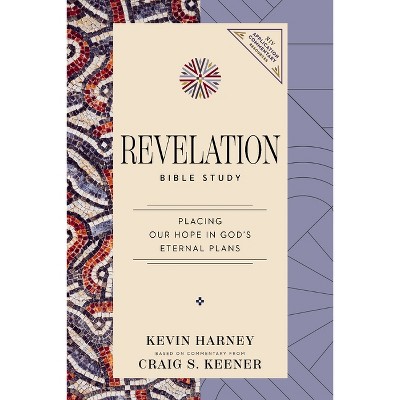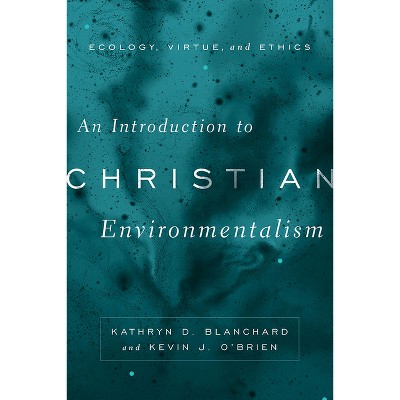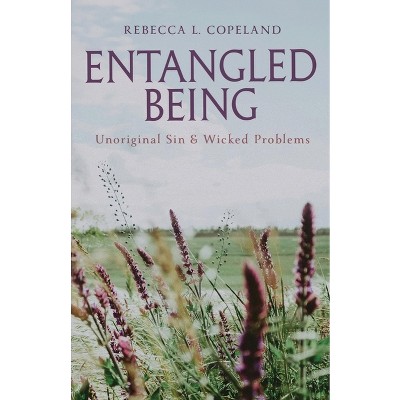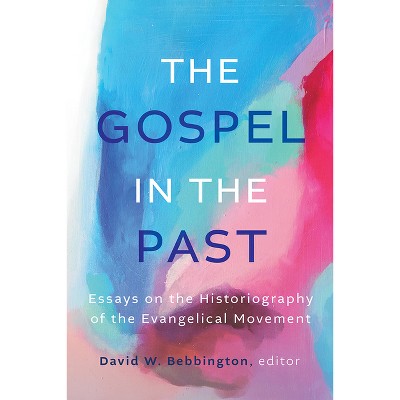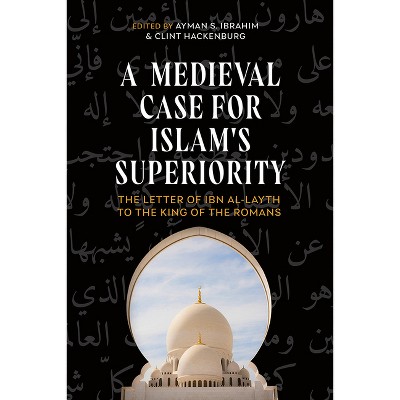Sponsored

Robust Liberalism - by Timothy A Beach-Verhey (Hardcover)
In Stock
Sponsored
About this item
Highlights
- Concisely critiquing the internal contradictions and practical limitations of the social contract theory espoused by John Locke and John Rawls, Timothy Beach-Verhey presents a covenantal theory for political life based on H. Richard Niebuhr's theology of radical monotheism.
- About the Author: Timothy A. Beach-Verhey is Pastor of Faison Presbyterian Church in North Carolina.
- 320 Pages
- Religion + Beliefs, Christian Theology
Description
About the Book
Robust Liberalism makes a powerful contribution to contemporary discussion of American public discourse.Book Synopsis
Concisely critiquing the internal contradictions and practical limitations of the social contract theory espoused by John Locke and John Rawls, Timothy Beach-Verhey presents a covenantal theory for political life based on H. Richard Niebuhr's theology of radical monotheism. Beach-Verhey challenges sectarian interpretations of Niebuhr's theology and cogently demonstrates that a properly understood, theocentric, covenantal social theory can unite a diverse people in a shared polity. In so doing, he shows how such an understanding of both liberal democratic practices and Christian norms can provoke both the moral vision and the virtues that are required for robust, open, and engaged public life. Robust Liberalism makes a powerful contribution to contemporary discussion of American public discourse.
Review Quotes
In this fine book on public theology, Timothy Beach-Verhey seeks to find a way for American Christians to contribute to public discourse wihtout seeking to dominate (as in the past) or to accommodate to its assumptions (our current temptation). He proposes a revival of the 'robust liberalism' of H. Richard Niebuhr because Niebuhr negotiates the relation between the particular and the universal better than any contemporary alternative.
-- "Presbyterian Outlook Review"...an engaging guide to Niebuhr's work, and [Beach-Verhey] provides a compelling account of Christian participation in the common good.
--Adam Hollowell, Duke University "Modern Believing"Beach-Verhey demonstrates deep insight into the cultural forces that paralyze public life in the United States. His theory about the nature of liberal democracy is similarly insightful, and his case for Niebuhr's radical monotheism is quite compelling.
--James M. Brandt, Saint Paul School of Theology "Journal for the Society for Christian Ethics"About the Author
Timothy A. Beach-Verhey is Pastor of Faison Presbyterian Church in North Carolina. He previously served as Assistant Professor of Theological Ethics and Director of the Program for the Theological Exploration of Vocation at Davidson College. He lives in Faison, North Carolina.
Shipping details
Return details
Frequently bought together



Trending Non-Fiction






